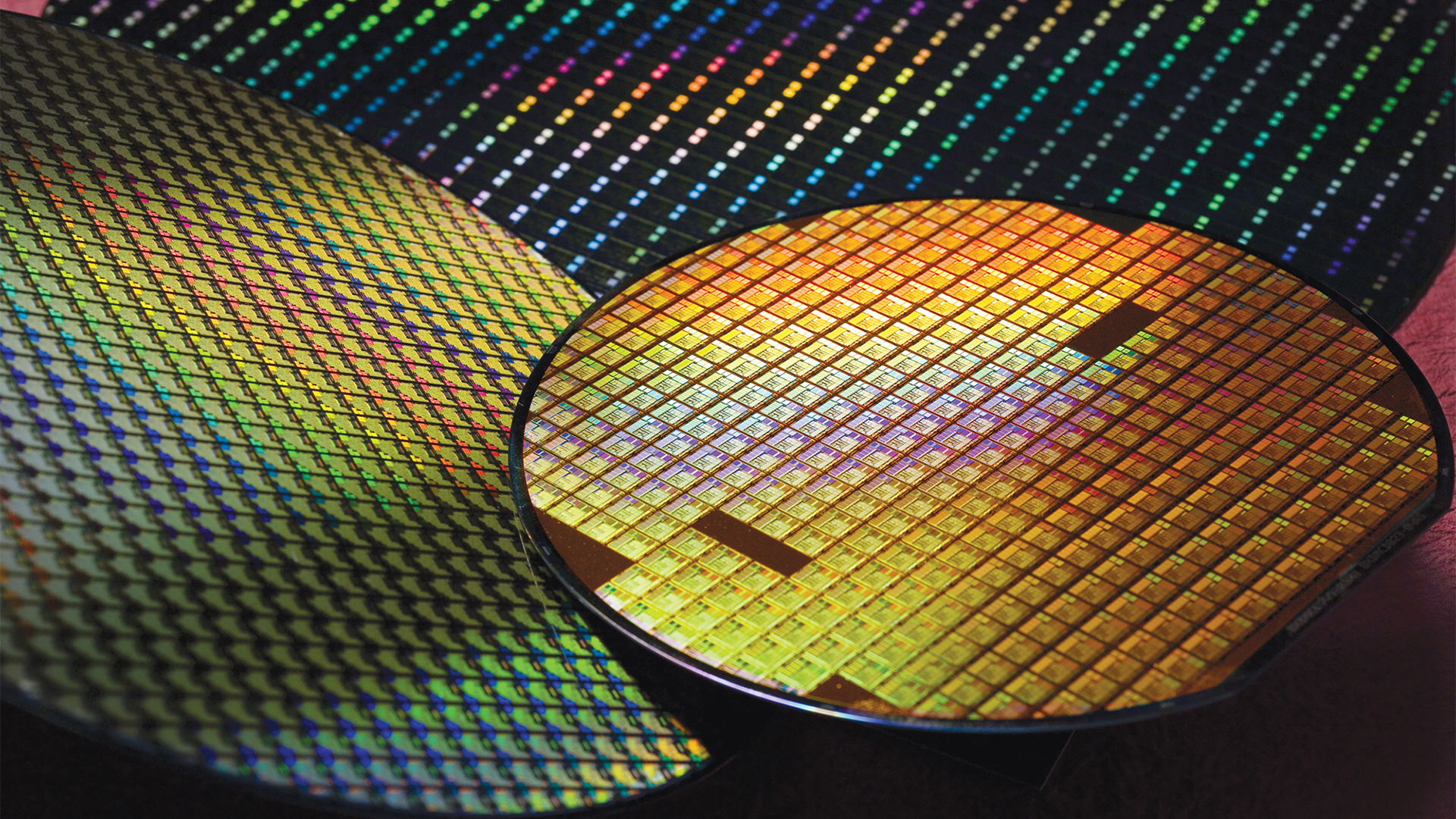Your next graphics card could be even more expensive soon
Rumored TSMC price hikes could make GPUs even pricier

Sign up for breaking news, reviews, opinion, top tech deals, and more.
You are now subscribed
Your newsletter sign-up was successful
The best graphics cards and processors could be about to get even more expensive, as TSMC looks set to hike its wafer prices as it battles an ongoing chip shortage.
That’s according to Tweaktown, which reports that the Taiwanese semiconductor foundry plans to increase the prices of its chips by 25% year-on-year by adding an extra $400 to the selling price of its 12-inch wafer.
The reported increase will likely lead to TSMC’s customers, including AMD and Intel, passing this additional cost onto customers, which could see both firms’ processors become more expensive in the coming months.
- AMD vs Nvidia: which should be your next graphics card?
- Where to buy Nvidia RTX 3080: find stock here
- We'll show you how to build a PC
As TSMC also counts Nvidia among its customers, the rumored price hike could also further raise the prices of GPUs - which are already notably expensive as a result of the ongoing shortage affecting Nvidia RTX 3000 and AMD Radeon RX 6000 graphics cards.
Recent reports also suggest MSI is also preparing to increase prices for its graphics cards due to continuing production woes.
The real-world price increases could stretch beyond the CPU and GPU world too - both Apple and Qualcomm are also customers of TSMC, so we could be looking at more expensive smartphones in the near future too.
Some reports suggest that TSMC will still be favour its long-time partners, and will probably only charge the higher prices for newer or short-term clients, others claim that deals that major customers negotiated for 2021 have been withdrawn due to the uptick in chip demand.
Sign up for breaking news, reviews, opinion, top tech deals, and more.
These reportedly price hikes aren’t the only controversy TSMC is facing at the moment. Reports also suggest that the company is making its employees work beyond office hours, and that the extra time worked isn’t being logged in TSMC’s systems as overtime.
- Here are the best gaming PCs

Carly Page is a Freelance journalist, copywriter and editor specialising in Consumer/B2B technology. She has written for a range of titles including Computer Shopper, Expert Reviews, IT Pro, the Metro, PC Pro, TechRadar and Tes.